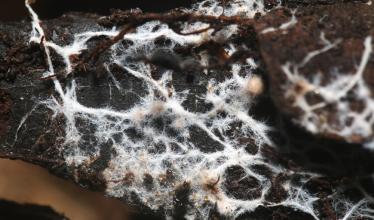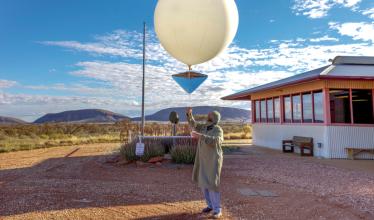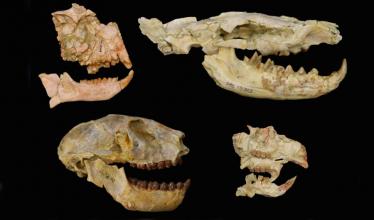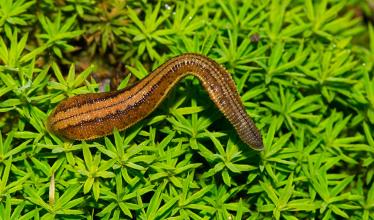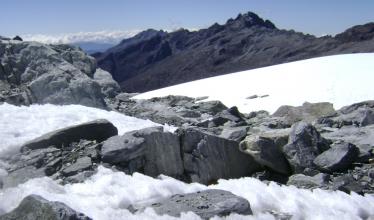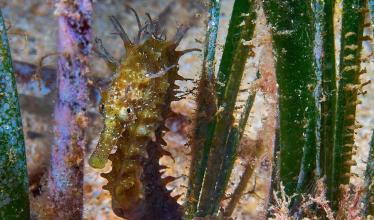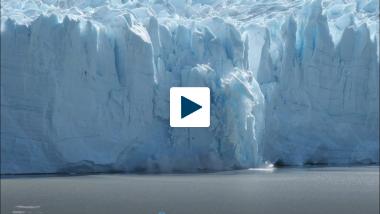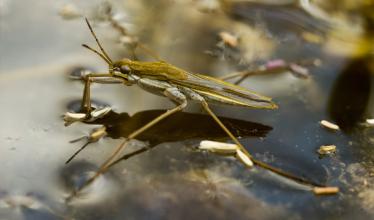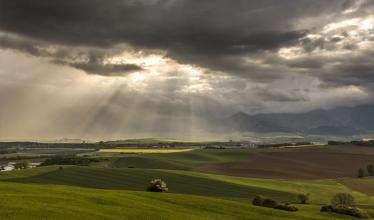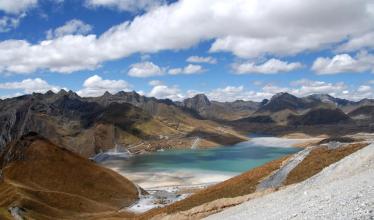Environment
Researchers want to use fungi to try to promote forest growth.
The top of the troposphere, the lowest layer of Earth’s atmosphere, has climbed about 50 to 60 meters per decade in the past 20 years.
Up to 63% of African and Arabian mammal species may have vanished in a previously undetected die-off.
Researchers used DNA from leeches' last blood meals to find out what animals live where in China's Ailaoshan Nature Reserve.
A new study can help the city plant better trees.
As climate change melts away frozen landscapes, scientists rush to discover all they can about the tiny organisms that thrive on ice.
First-of-its-kind study shows how human-generated sound could harm the ability of seagrass to store energy and detect gravity.
Scientists study how some microorganisms deep on the ocean floor affect our climate.
New research shows how oil spills and their cleanup harm water striders, raising questions about the broader ecological impacts of even small spills.
The accuracy of the next season's weather forecast dives every spring, because of the volatility of Pacific Ocean conditions.
Bacteria found around a Brazilian mine could improve copper harvesting.
There’s now a microscopic plastic cycle that works like any other environmental cycle -- moving from oceans to sky to land and back again.

